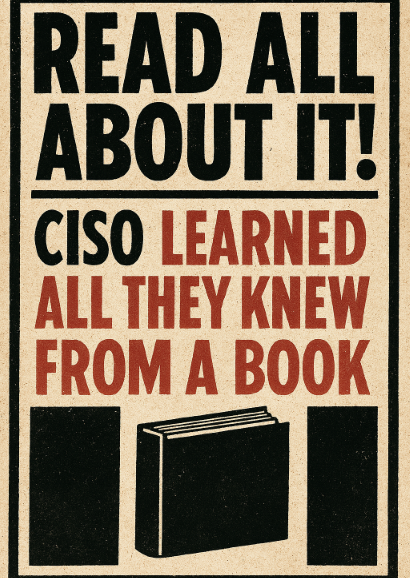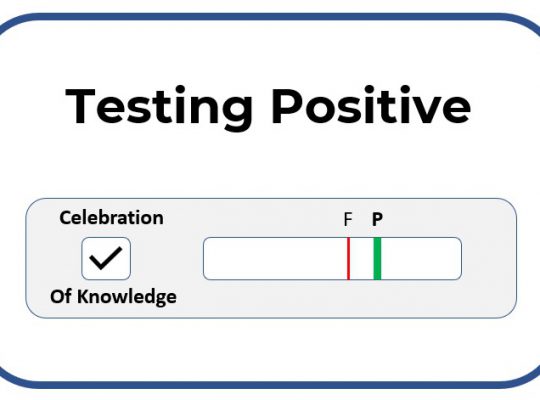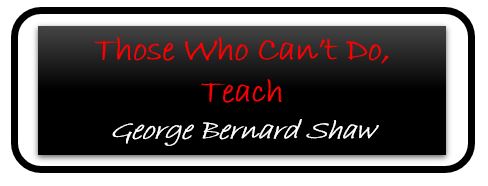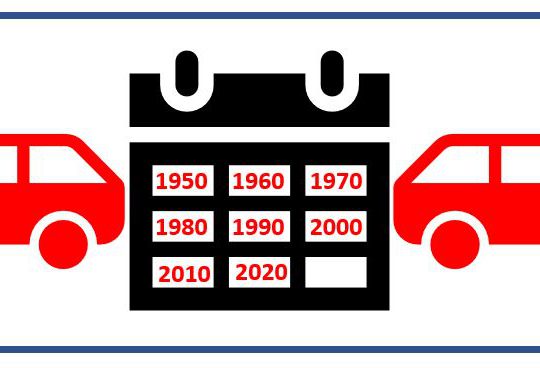Books are amazing.
As a kid I loved reading and then for some strange reason I went off the joy of it during secondary school. I think it was the fact that we had to learn how to interpret the thoughts of the author (let’s face it – who really doth understand Shakespeare?) and pick it apart rather than just read and let the imagination take you away!
During lockdown – I made the conscious decision to start reading again as there were so many classic books that I should have read that I hadn’t. So my strategy (always got to have one of them!) was to read a fictional ‘classic’ followed by a modern author and take it in turns between ancient and modern. Turns out my all-time favourite book is the Count of Monte Cristo, but I am loving reading unknown authors who are very gifted.
My goal at some point is to write a book myself but I don’t think I am clever enough to come up with a good plot (certainly not to the level of Alexandre Dumas!)
Have you noticed that if you have read a book and then somebody makes a film or TV series based on it – that it is never how you imagined it? How often do you say or hear “the book was better”?
I can almost guarantee that if you were to get 100 people to read a Terry Pratchett book and then draw a picture of the main character or a scene from the book – you would end up with 100 different interpretations of the same thing. And all of them would be brilliant in their madness.
That’s because we either use our experience as a reference or simply our imagination to picture the scene and what the characters look like. And it’s this experience or ‘reference’ that I think makes reading more accurate the older you get. I am not saying that reading gets better as you get older – as kids should be encouraged to let their imaginations run away in a good book. But life experience builds a better, clearer picture when reading about a place, person or time in history for example.
Some people read for fun and pleasure others read to gain knowledge and understanding of a subject area – but regardless of your objectives, some form of experience goes a long way to achieving them.
When I first started training with Microsoft, I was with a great academy based in West Yorkshire. We trained mostly military people on resettlement, and they came from all kinds of backgrounds and experience. Most of the students were relatively new to IT networking and systems administration (which were the core subjects) and as part of the package all students received the first Microsoft Official Courseware book in the post about a month before joining the in-person training.
Some read the book from cover to cover; others took the wrapper off on day one of turning up for training – but regardless of their preparation efforts – we always started with the basics and built up once the foundations were in place. Week one was all about installing, configuring and administering Windows XP (remember that beast!?).
On more than one occasion, I had quite animated conversations with some of the students who had read the book – that seemed to contradict what I was saying and showing them. Despite being able to see what I was doing and doing it themselves with their own hands they still argued that the book said something different. It always made me smile how they could read the book and get the wrong end of the stick and despite seeing the truth – still misinterpreted what the book said as they saw it there first.
Quite often – after re-reading the bits that were up for debate and playing with the labs and getting some hands-on experience – their ‘reference’ changed to see the reality and there was that ‘Hallelujah Moment’ when it all clicked into place. All of a sudden what they read and what they did were the same thing.
But sometimes pre-reading and pre-learning something got in the way of actually learning something.
These days it’s easy to read a reference book on a technical subject and then ‘Google’ it to read more detail and perhaps watch a video online to get a better understanding using a different form of media – and that is great (as long as you trust the online resources you use). Because not everything you ‘Google’ is true or accurate (hopefully that’s not too much of a shocker for you?).
People that make online videos (I am one of those types of people) tend to focus on what they are good at and avoid trickier subjects – or they Google it and simply replicate what they have learned 5 minutes before being the expert on the subject in their video. You can’t ask the instructor to clarify a subject or go off-piste with a question or conversation with an instructor on a pre-recorded video. I suppose you can but that is probably the first sign of madness.
But how often have you Googled something to find out how to do something – like watching an expert tradesperson fix a leaky pipe or change the gearbox in a car and been empowered enough to think “well how hard can that be?”. I wonder how many disasters have resulted from self-appointed experts doing DIY jobs after watching a YouTube clip?
There is probably a stat there somewhere – so let’s ask ChatGPT – as I have to shoehorn in AI somewhere in this blog!
Prompt: How many accidents happen every year after people have watched YouTube videos on how to do DIY jobs
What the Evidence Shows
Rising Risk from Online DIY after watching online videos:
Electrical Safety First warns that many people overestimate their skills based on online tutorials.
NICEIC similarly cautions that people are doing dangerous DIY work (especially electrical) after watching online — they estimate 400 people are electrocuted in homes each year in the UK, resulting in about 200 deaths.
According to Direct Line, 24% of people who do potentially illegal gas or electrical DIY admitted they were encouraged by social media videos (like YouTube) to attempt it.
Direct Line estimates that DIY disasters from social media (including YouTube) cost homeowners about £539 million a year in the UK for call-outs from tradespeople.
For clarity, ChatGPT did caveat this response with the fact that it couldn’t find any reliable data to answer my question but offered some results based on various research from different sources.
The reason why people mess about with gas, water and electricity with little or no prior knowledge is to save time and costs. But in the long run of course – there is a huge risk that it will save you none of this and invariably will make things a lot worse. There is no replacement for being properly trained and dare I say it – qualified in some respects – to ensure that you know what you are talking about and doing.
So here’s my point. Reading stuff to learn new things is great, watching somebody else do something to teach you new things is also great (as long as you trust them) but actually doing it and practicing until you get competent and comfortable with your new thing is really the key to success. This is true of all types of learning.
There are lots of fancy words and terms that we use in the World of Education to highlight these and you have probably come across them – or at some point may have been assessed to see what kind of learner you are:
Visual – learning through sight (reading, images, graphs, charts and diagrams)
Auditory – learning through listening (lectures, discussions and audio recordings)
kinesthetic – learning through touch and doing (hands-on labs, activities, experiments and practice)
And the reality is that a combination of all three are probably the best route for success. Tell me, show me and then let me have a go – and there is a good chance that I will grasp it. Even if you need to repeat the activities.
Great training provides the learner with the opportunity to find their best methods and to try out some new ones without relying on labels or assessments. Having trust in the person and resources that are teaching you is also important and let’s face it – if ChatGPT is correct – it could even save your life!
Training is all about making an impact though learning and practicing new skills. Sometimes the theory just gets in the way of doing something. I wonder how many great garment designers and makers actually know how a sewing machine works on the inside? They certainly know how to use one – so why waste time learning the mechanics when you just need to know how to operate it. You probably won’t get that from a book.
When you next want to learn something that is going to be useful at work – think about your objectives.
Do you just need to know how to manage something that your team is doing? Or do you need to do it? Think about your learning style (if you have one) but mix and match to find what works best for you. And if you decide to train with a training provider – choose one that knows how to cater for your needs by using the lecture, lab and review model and will work with you at an individual level to meet your objectives.
Think about getting certified in a subject to prove that you have gained the competence required for the level you are trying to achieve. This helps you and your customers/employers know that you have invested in some form of proper training and put in the time and effort to get good at something.
And remember to put your training into practice with some hands on experience to extend you ‘reference’ as that makes it a lot clearer and easier to imagine. Training has to have a positive impact or it is a waste of time.
Read, watch and practice long and prosper!







